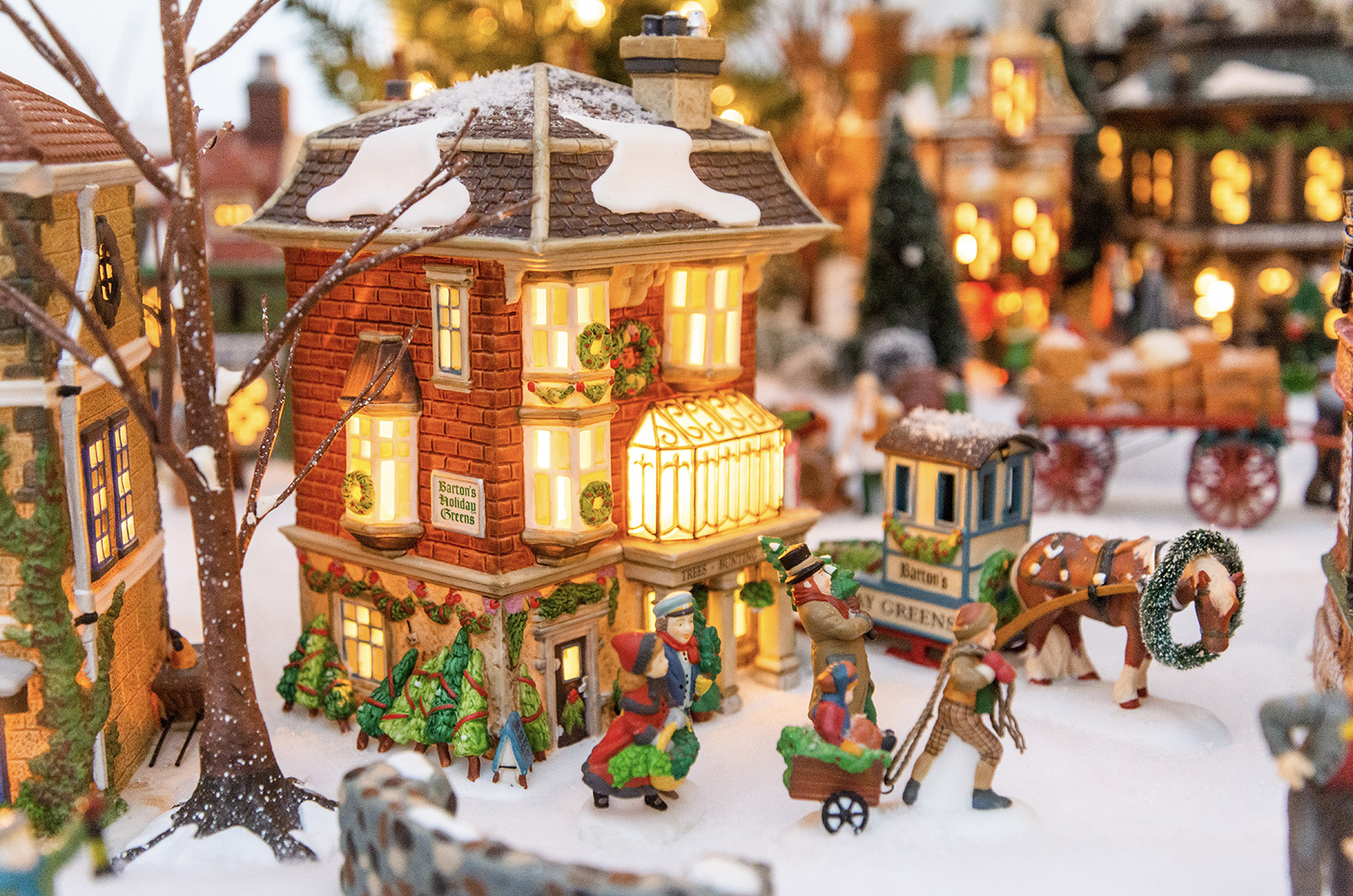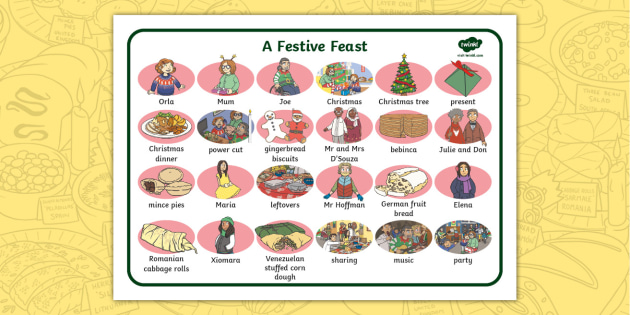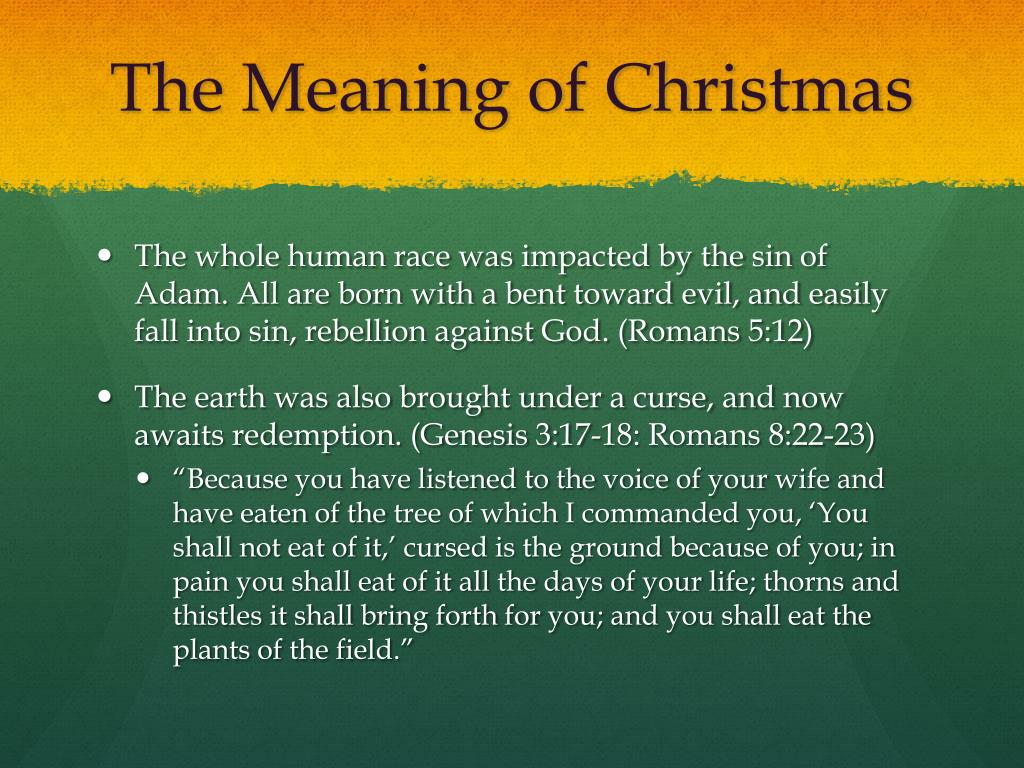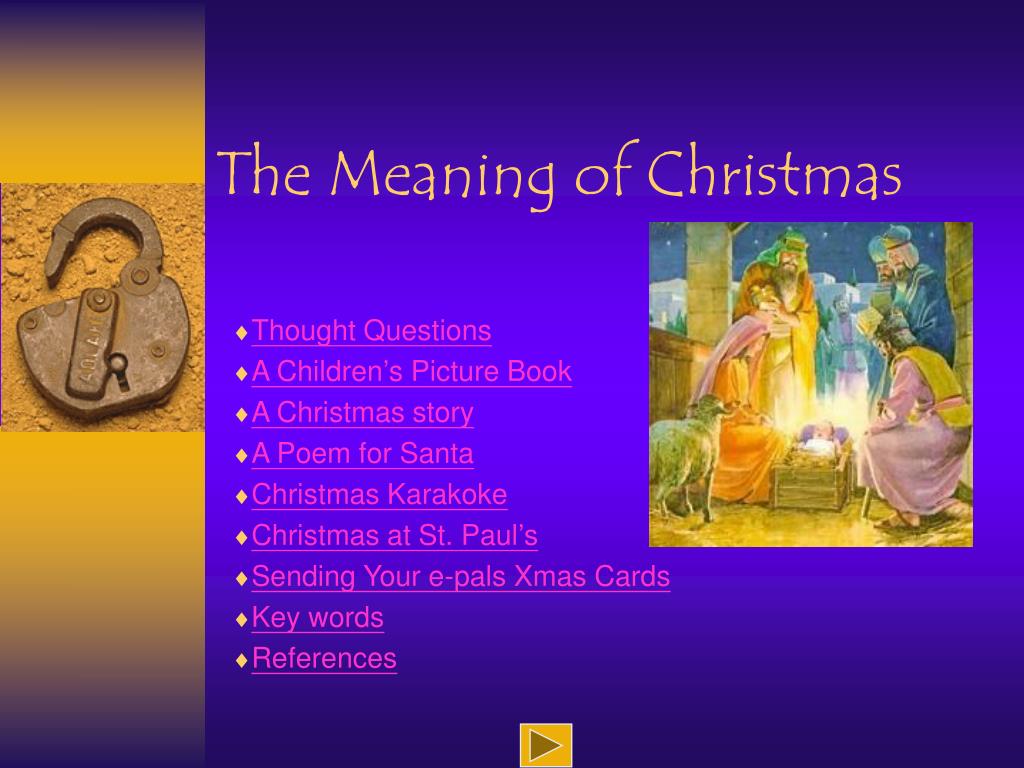The Art Of Festive Greetings: A Comprehensive Look At Christmas Wishes Phrases
The Art of Festive Greetings: A Comprehensive Look at Christmas Wishes Phrases
Related Articles: The Art of Festive Greetings: A Comprehensive Look at Christmas Wishes Phrases
Introduction
In this auspicious occasion, we are delighted to delve into the intriguing topic related to The Art of Festive Greetings: A Comprehensive Look at Christmas Wishes Phrases. Let’s weave interesting information and offer fresh perspectives to the readers.
Table of Content
The Art of Festive Greetings: A Comprehensive Look at Christmas Wishes Phrases

The Christmas season, a time of joy, reflection, and shared celebration, is often accompanied by the exchange of heartfelt greetings. These Christmas wishes, expressed in a variety of phrases, serve as a tangible manifestation of goodwill, affection, and the spirit of the season. Beyond their superficial role as pleasantries, Christmas wishes hold a deeper significance, reflecting cultural traditions, personal sentiments, and the universal desire for happiness and peace.
This exploration delves into the nuances of Christmas wishes phrases, examining their historical roots, cultural variations, and the psychological impact they hold. It aims to provide a comprehensive understanding of these festive expressions, emphasizing their importance in fostering connections and strengthening bonds during the holiday season.
Historical Roots and Cultural Influences:
The practice of exchanging greetings during the Christmas season can be traced back centuries. Early forms of Christmas wishes were often religious in nature, reflecting the celebration of the birth of Jesus Christ. These expressions, often found in hymns and carols, conveyed gratitude for God’s blessings and wishes for peace and goodwill. As the holiday evolved, secular expressions of Christmas wishes emerged, reflecting societal values and cultural practices.
In many Western cultures, Christmas wishes often emphasize family, togetherness, and the joy of giving. Phrases like "Merry Christmas" and "Happy Holidays" are commonplace, reflecting the shared desire for happiness and contentment during the festive period. In other cultures, Christmas greetings may incorporate specific traditions or customs. For example, in Germany, the phrase "Frohe Weihnachten" is widely used, while in Italy, "Buon Natale" is the traditional greeting.
The Psychology of Christmas Wishes:
The act of expressing Christmas wishes goes beyond mere social convention. It taps into the human need for connection and belonging, particularly during a season marked by gatherings and celebrations. Studies have shown that exchanging greetings can trigger the release of oxytocin, a hormone associated with feelings of trust, empathy, and bonding. This physiological response reinforces the sense of community and shared joy that is central to the Christmas spirit.
Furthermore, Christmas wishes can serve as a powerful tool for expressing gratitude and appreciation. By acknowledging the presence of loved ones and expressing hopes for their well-being, individuals strengthen existing bonds and create a sense of warmth and affection. This act of expressing positive sentiment can also uplift the recipient, fostering a sense of optimism and goodwill.
Types of Christmas Wishes Phrases:
Christmas wishes phrases can be broadly categorized based on their intended recipient and the specific sentiment they convey:
-
General Wishes: These phrases are commonly used for a wide range of individuals, including friends, colleagues, and acquaintances. Examples include: "Merry Christmas," "Happy Holidays," "Wishing you a joyous Christmas," and "May your holidays be filled with warmth and cheer."
-
Personalized Wishes: These phrases are tailored to the specific recipient, often incorporating personal anecdotes, inside jokes, or shared memories. Examples include: "Wishing you a Merry Christmas filled with laughter and love, just like our last Christmas together," or "May your holidays be as bright and beautiful as your smile."
-
Wishes for Well-being: These phrases express hopes for the recipient’s health, happiness, and success in the coming year. Examples include: "Wishing you a healthy and prosperous New Year," "May all your dreams come true this Christmas," and "May the joy of the season bring you peace and happiness."
-
Religious Wishes: These phrases reflect a spiritual connection and express gratitude for God’s blessings. Examples include: "May the spirit of Christmas fill your heart with peace and joy," "Wishing you a blessed Christmas," and "May the Lord bless you and your family this Christmas."
FAQs about Christmas Wishes Phrases:
1. What is the most appropriate way to express Christmas wishes in a professional setting?
In professional settings, it is generally advisable to use general and inclusive phrases like "Happy Holidays" or "Season’s Greetings." These expressions avoid religious connotations and are appropriate for individuals of diverse backgrounds.
2. How can I make my Christmas wishes more personal and meaningful?
Personalizing your Christmas wishes involves incorporating details specific to the recipient. This could include a shared memory, a compliment, or a reference to a recent accomplishment.
3. Is it appropriate to send Christmas wishes to someone who celebrates a different holiday?
While it is generally considered polite to acknowledge different cultural traditions, it is important to be sensitive to individual preferences. If you are unsure about a recipient’s beliefs, it is best to err on the side of caution and use a more general greeting like "Happy Holidays."
4. What are some alternative phrases to "Merry Christmas" that are more inclusive?
Alternatives to "Merry Christmas" include "Happy Holidays," "Season’s Greetings," "Warmest Wishes," and "Joyous Festivities." These phrases are more inclusive and acknowledge the diversity of holiday traditions.
Tips for Crafting Effective Christmas Wishes Phrases:
-
Keep it concise and sincere: Avoid lengthy and overly formal greetings. Focus on expressing genuine warmth and affection.
-
Consider the recipient: Tailor your message to the individual’s personality and your relationship with them.
-
Use positive language: Focus on expressing hopes for joy, happiness, and well-being.
-
Avoid clichés: While traditional phrases like "Merry Christmas" are acceptable, try to incorporate unique and personal touches.
-
Proofread carefully: Ensure that your message is grammatically correct and free of typos.
Conclusion:
Christmas wishes phrases, while seemingly simple expressions, hold a profound significance in fostering connections, expressing gratitude, and spreading the spirit of the season. By understanding the historical roots, cultural influences, and psychological impact of these greetings, individuals can enhance their ability to convey genuine warmth and appreciation during the holiday season. Whether expressing general goodwill or personal sentiments, Christmas wishes serve as a powerful reminder of the shared desire for happiness, peace, and the enduring bonds of human connection.








Closure
Thus, we hope this article has provided valuable insights into The Art of Festive Greetings: A Comprehensive Look at Christmas Wishes Phrases. We thank you for taking the time to read this article. See you in our next article!





























































